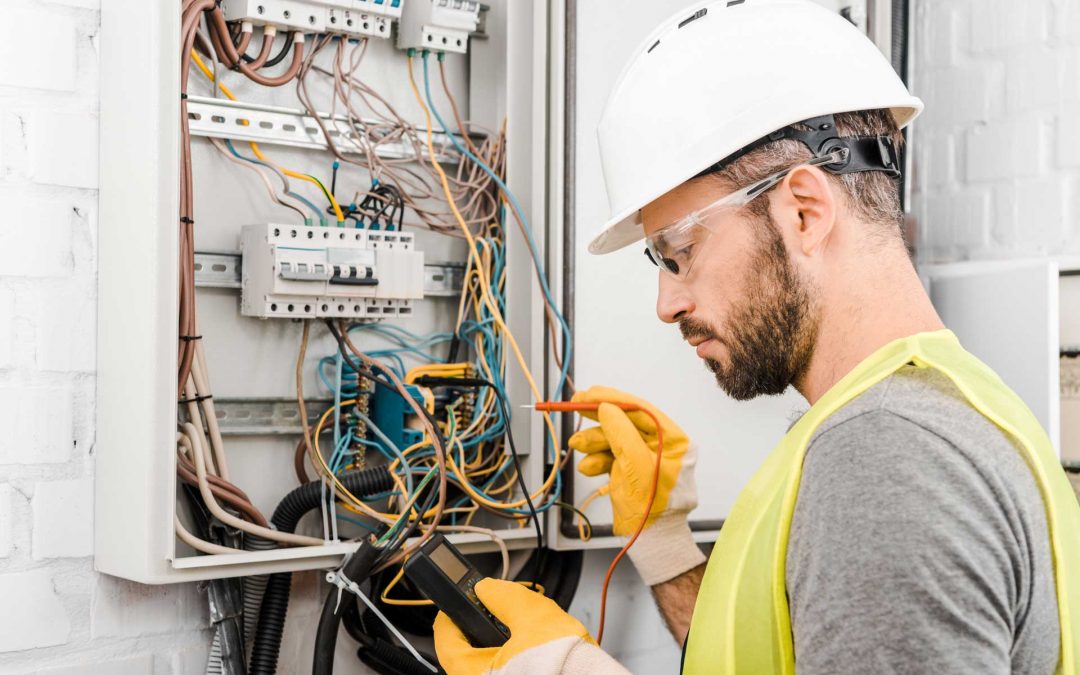A general misconception among the majority of property owners is that a seller of fixed property is only legally required, prior to registration of transfer, to furnish a purchaser with an electrical certificate of compliance in respect of the electrical installations at the sold property (also referred to as an electrical clearance certificate).
Consequently the “obligation” is considered to be a prerequisite for transfer (which it is not) and therefore in practice, once a transaction has been concluded, the estate agent involved normally gives instructions to an electrical contractor to undertake an inspection of the electrical installation at the property and to issue a valid electrical certificate of compliance in respect thereof.
However, the truth of the matter is that the Occupational Health and Safety Act makes it compulsory for every owner of fixed property (irrespective of whether a property has been sold and is in the process of being transferred or not) to be in possession of a valid certificate of compliance in respect of any electrical installation at his/her/its property. If a seller is not in possession of an electrical certificate of compliance, then he/she/it contravenes the law.
Therefore, when listing a property for sale, an estate agent should enquire from the owner as to the availability of an electrical certificate of compliance and if indeed available, whether changes to the installation have been made since the issue thereof. In many cases the cost pertaining to the issue of a new certificate can be saved, especially if the certificate was issued very recently and it is certain that no changes have been made to the electrical installation.
The electrical certificate of compliance is transferable from one person (the seller) to another (the purchaser). The validity thereof is limited to 2 (two) years provided that no changes to the installation have been made since the issue thereof. In the event that changes have been made, the owner is by law obliged to once again have the installation inspected with a view of acquiring a new electrical certificate of compliance.
The fact that a seller does not have an electrical certificate of compliance in his possession (and therefore contravenes the law), or that a deed of sale does not make provision for the seller to provide the purchaser with a certificate, will not invalidate or otherwise adversely affect a binding agreement between the parties for the sale of the property.
Should a seller be in possession of a valid electrical certificate of compliance, it would be wise to specify in the deed of sale the date of the certificate and that the original certificate is to be provided to the purchaser prior to transfer taking place. Otherwise the deed of sale should contain a clause to the effect that the seller shall, at his/her/its own cost have the electrical installation inspected to ensure the issue of a valid electrical certificate of compliance prior to transfer.
Even if a seller does have an electrical certificate of compliance in his/her/its possession, nothing prevents the purchaser from insisting on a new certificate being issued if the existing one is older than 6 months, or any other agreed length of time, or if in doubt as to whether changes to the installation have been made or not.
The fact that a valid electrical certificate of compliance in respect of an electrical installation has been issued does not necessarily mean that the installation is a good or effective one. All that is required for the certificate to be issued is that the installation at the property meets certain statutory safety requirements.
As of late more and more homes are equipped with gas installations. A gas certificate is valid for 5 (five) years and must be issued by a duly authorised person registered with the Liquified Petroleum Gas Safety Association of Southern Africa (LPGAS). The gas certificate ensures that gas components are in a safe, working condition and are leak free.
 yvonne@lbvorster.co.za
yvonne@lbvorster.co.za  028 313 0136
028 313 0136

Recent Comments